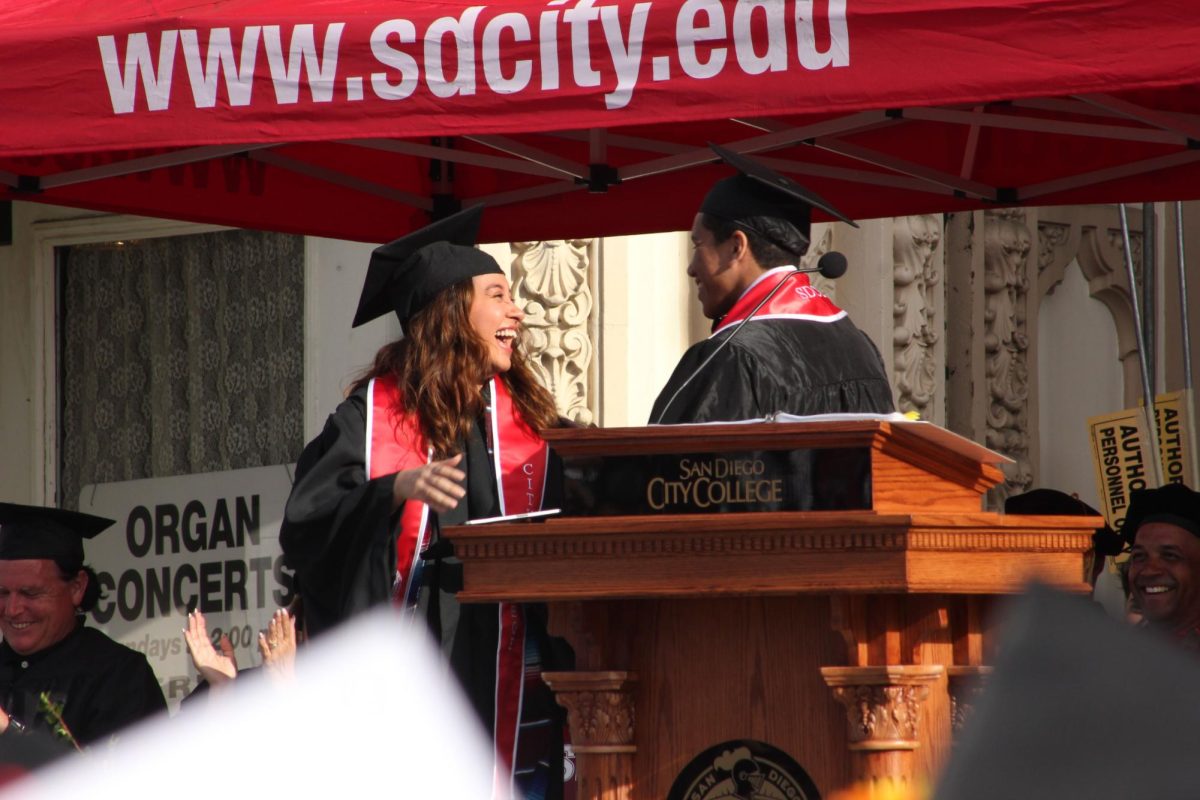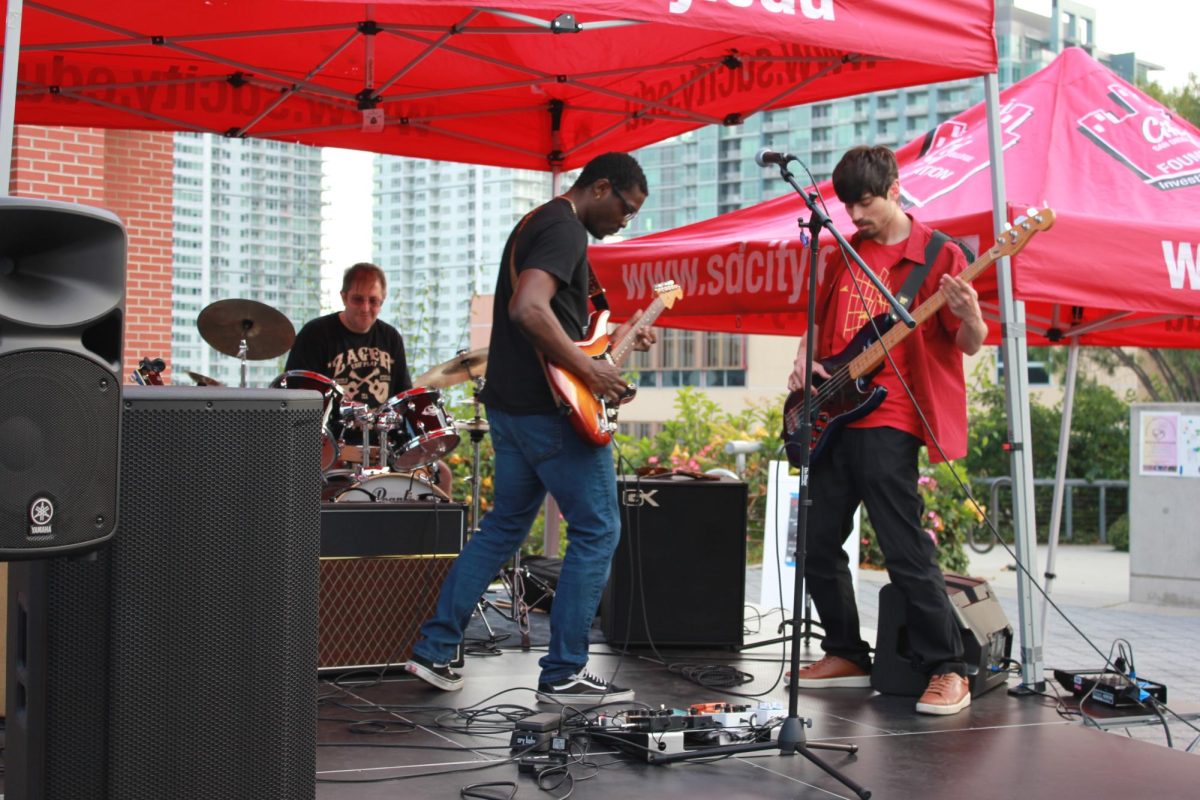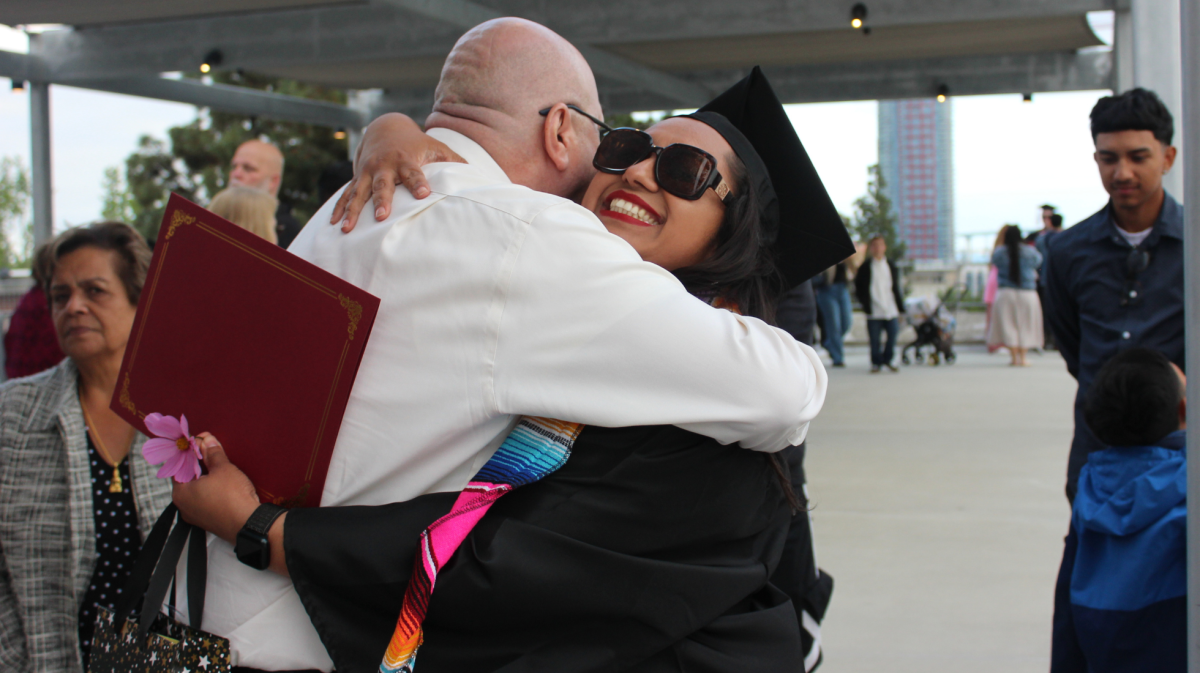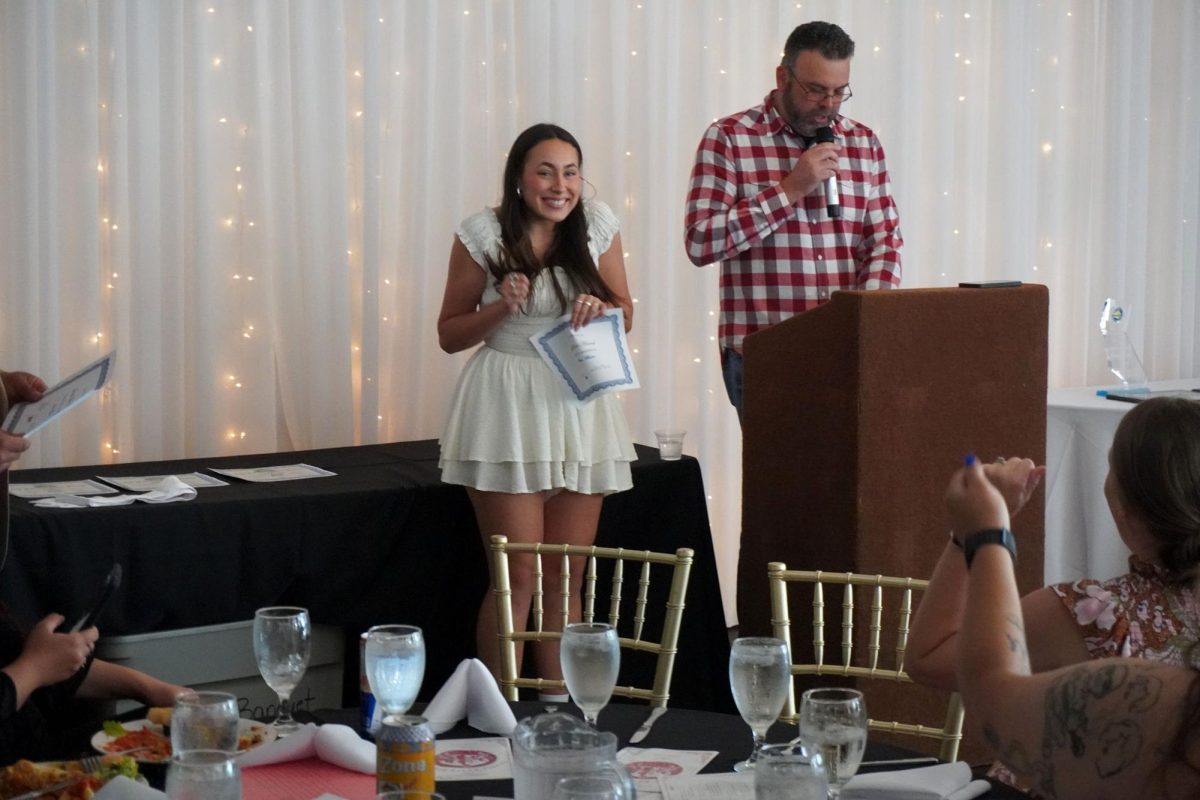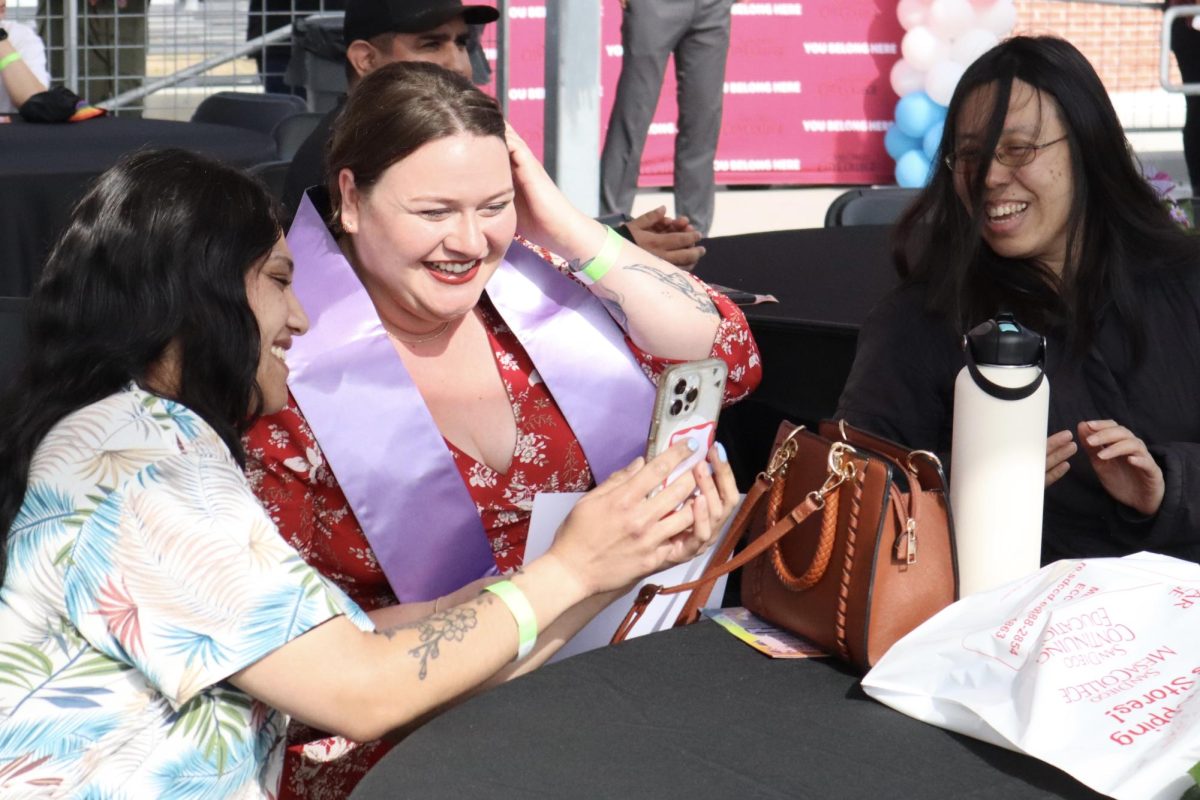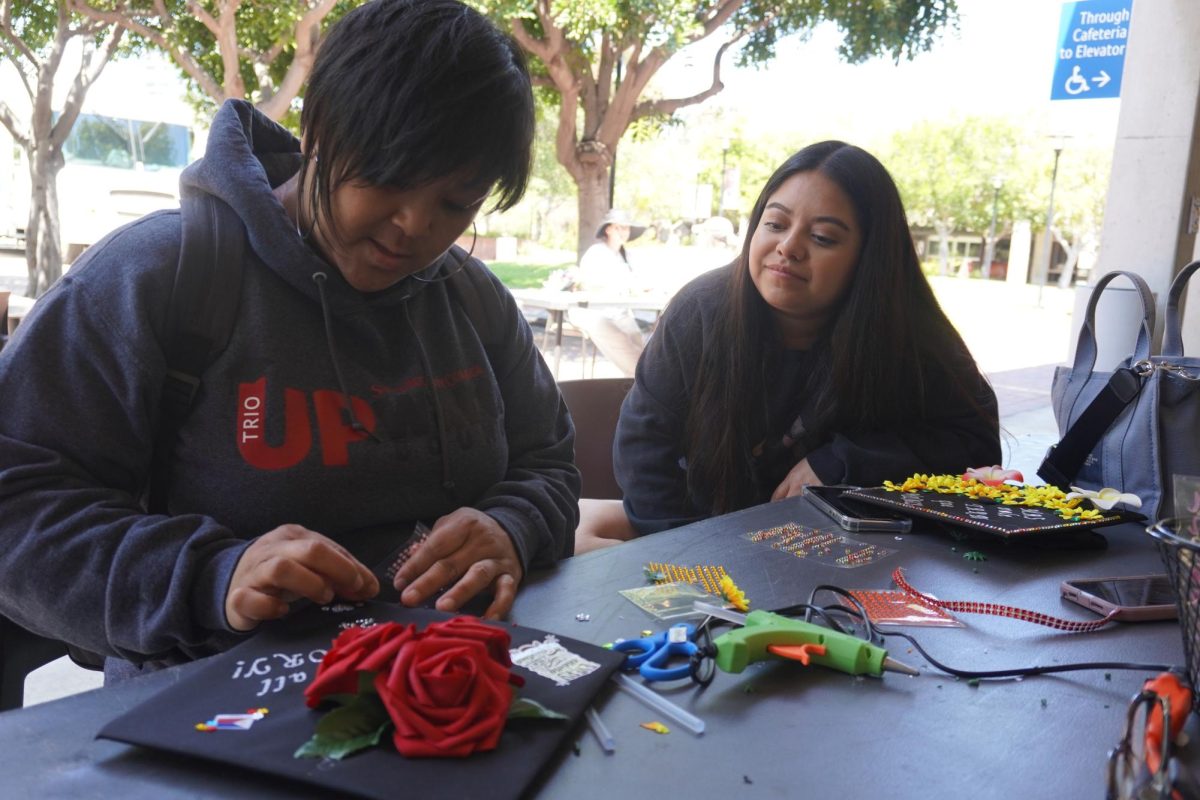It is important for people step out of their comfort zone to come together, regardless of their differences.
That is the message Jahangir Golestan-Parast, an Iranian born filmmaker, delivered at City College on Nov. 5 as part of the World Cultures Program. He spoke about a documentary he produced, entitled “Bam 6.6: Humanity Has No borders,” which was screened at the event.
The documentary intertwines stories of survival, loss, and healing while revealing the humanity of the Iranian people through the prism of a devastating earthquake in 2003 and its aftermath.
The film, released in 2007, reveals the story of a young American Jewish couple, Adele Freedman and Tobb Dell’Oro. The two journeyed Iran’s historic city of Bam, where Dell’Oro had planned to propose to Freedman.
The tourists traveled to the southeastern region of Iran. Bam surrounds the largest adobe building in the world, called the Bam Citadel in the Kerman Province. They had a passion for traveling, so they decided to explore the city’s cultural landscape, also known as “High Place”.
Surprisingly, when the Americans arrived, the Iranians greeted them. Children who attended schools in nearby villages offered them sandwiches and families welcomed them into their homes.
Their vacation came to catastrophic end when an earthquake with a magnitude of 6.6 struck the region on Dec. 26, 2003.
The quake left Freeman with severe foot and leg injuries and killed her fiancé.
The earthquake killed approximately 32,000 people and destroyed 99 percent of the buildings in the city and surrounding province, located in the southeast corner of the country near Pakistan.
The love and compassion Freedman and her family received from the people of Iran were remarkable.
When her parents arrived at the airport in Tehran, Iranians gave them flowers to show them hospitality. This shocked the parents, a physician and his wife, who were bracing for the worst.
They were thrilled by the support the surgeons, nurses and even an Iranian tour guide had given her their daughter. This changed their perception of Iranians.
The doctor treated their daughter’s injuries at no cost. He believed that she was a guest in his country and it was his duty to take care of her.
“It is the Iranian way,” he said in the documentary.
“These women and men were amazing; the nursing and loving care was wonderful. I don’t know if I could say the same about hospitals in the States … I couldn’t have given her better care myself,” says the mother in the film.
Golestan-Parast said he is a strong believer in respecting and embracing other cultures.
“It is important for the world to live in harmony because we live in a world of war which creates anger. The solution is to understand and love one another. We are messengers of God, and God wants us to love,” he told the audience at City College.
He stressed how humans share commonalities that are universal, despite cultural, economical, political and social differences.
“We cry the same, we laugh the same. We are all cut from the same cloth,” he said.
He told City’s audience that the people of Iran are not how they are portrayed in the media as enemies of the United States.
For the first time in decades, Iran’s Islamic leaders have opened the door to negotiating with the U.S. and it’s western allies over the issue of its nuclear program.
He hopes that by making documentaries and speaking publicly, he will encourage people to contribute to the world one way or another.
“I am giving back what my family and community has taught me; to love this beautiful journey of humanity.”
Golestan-Parast, who lives in Laguna Hills, is currently working on a documentary about homeless people in San Francisco, called “Homeless to Home Owner.”

